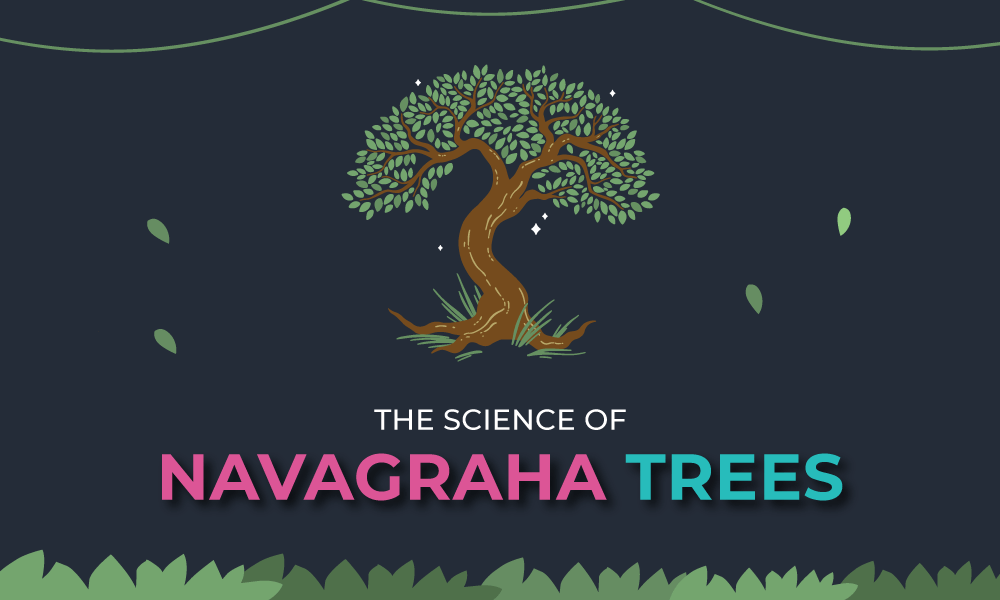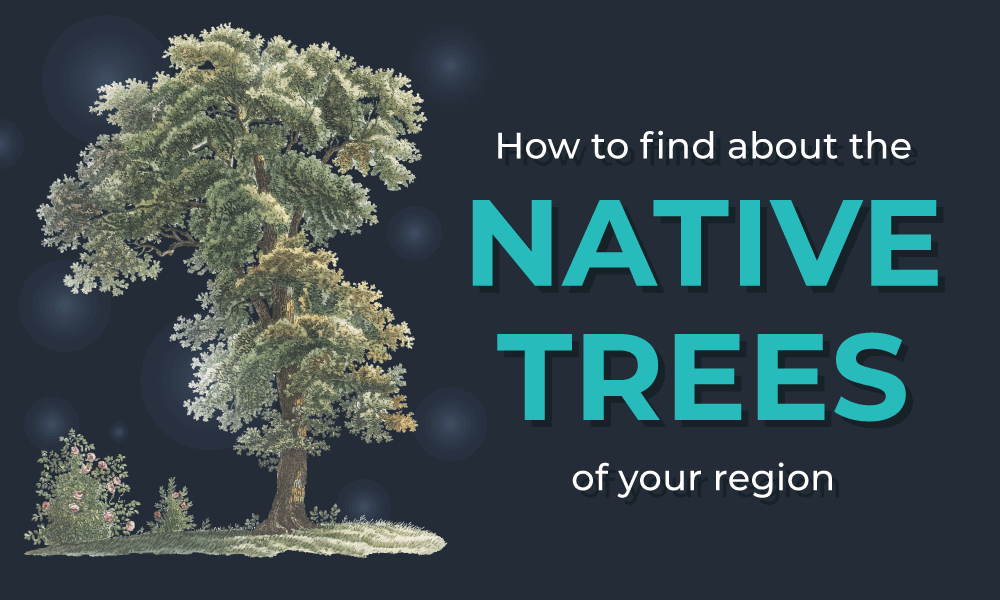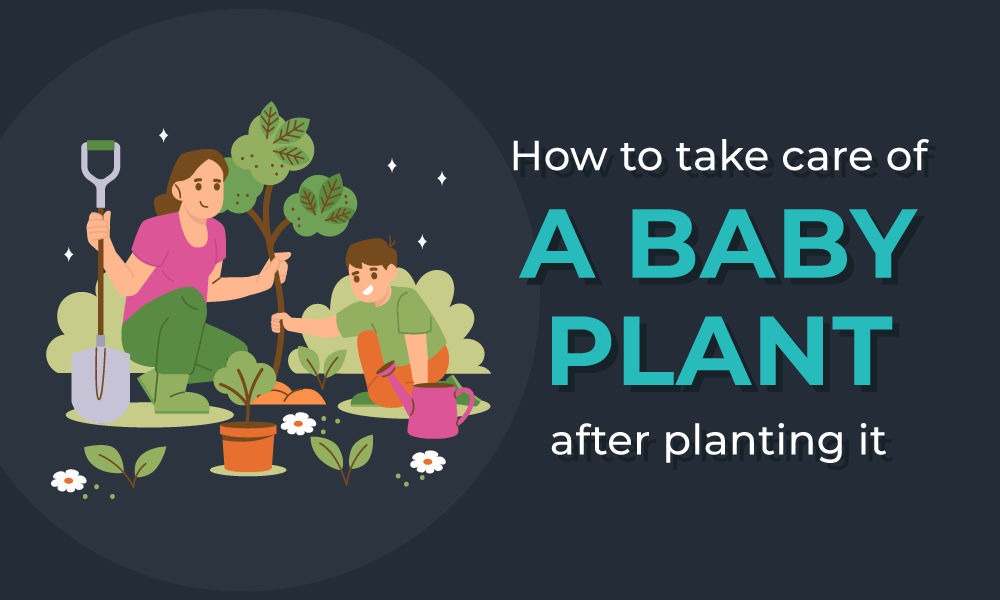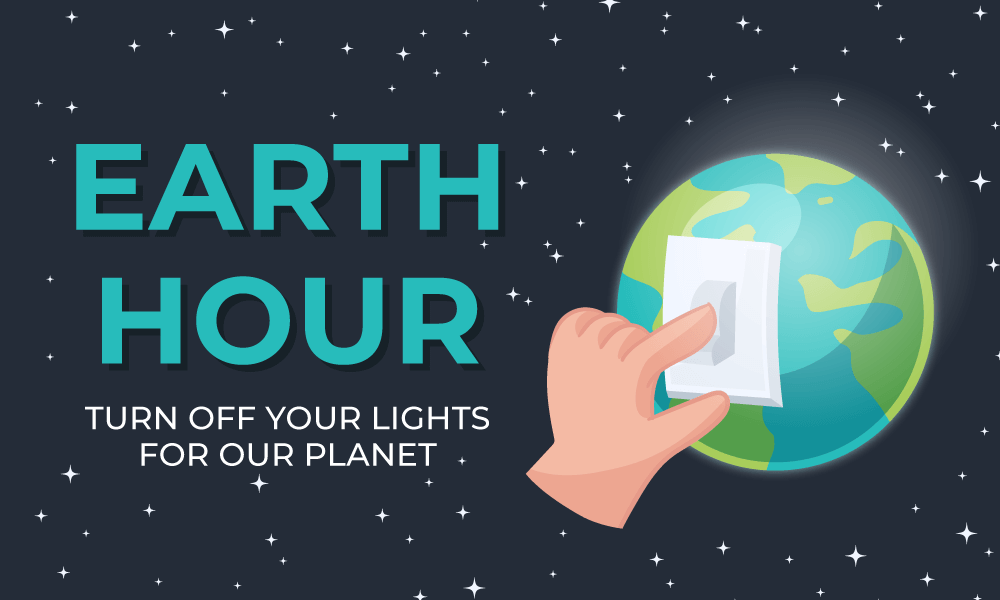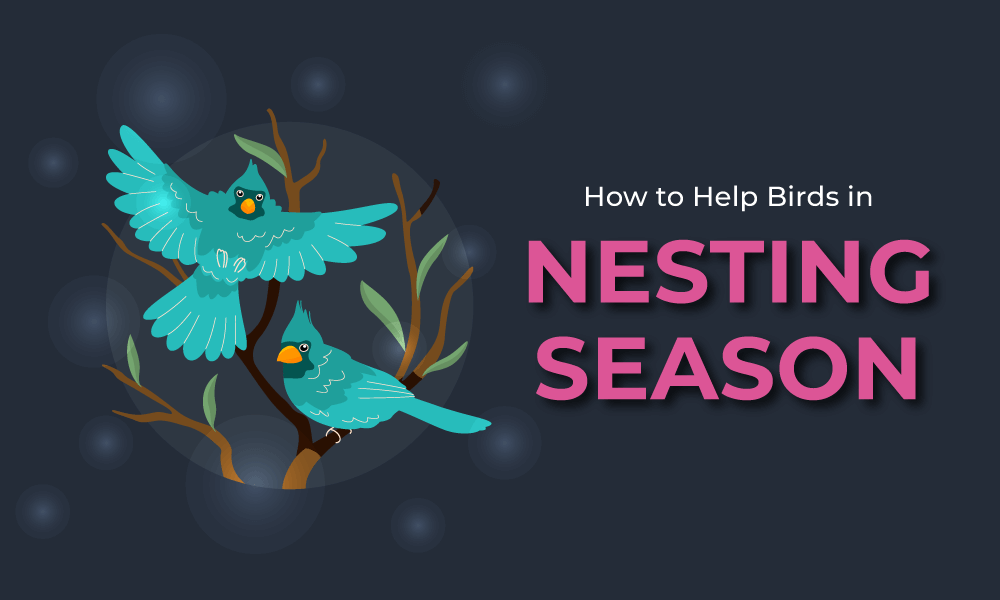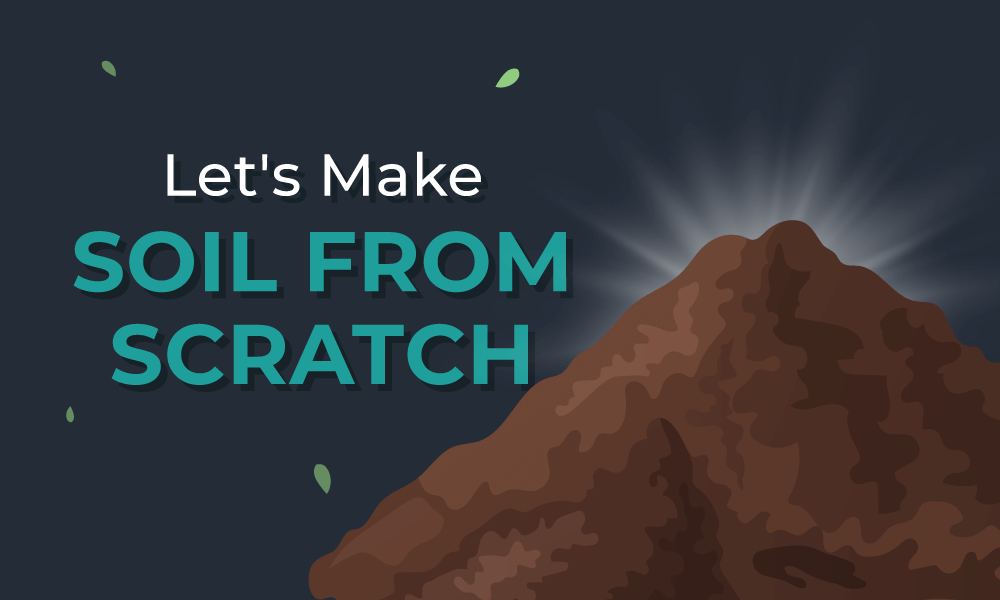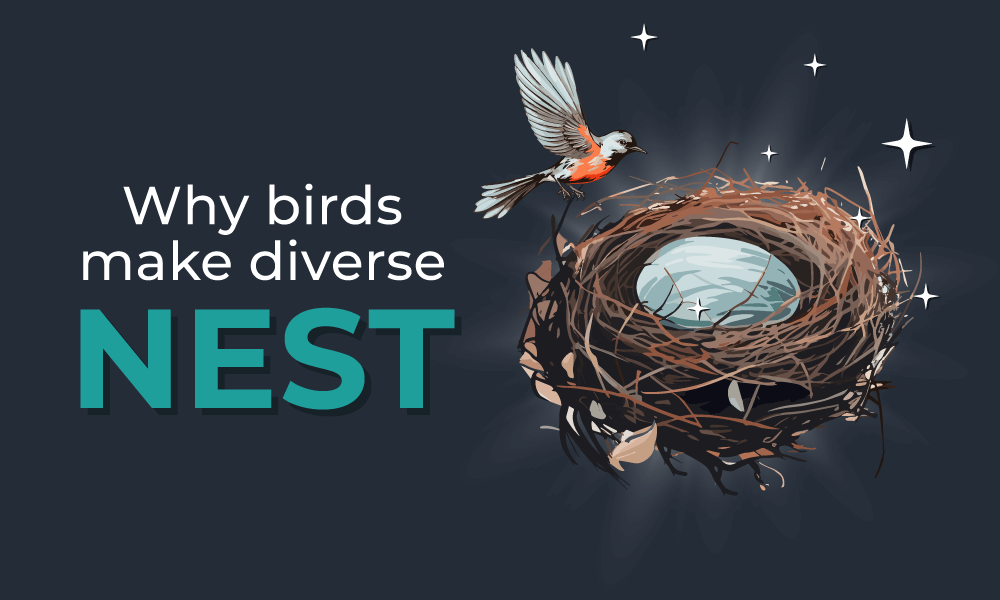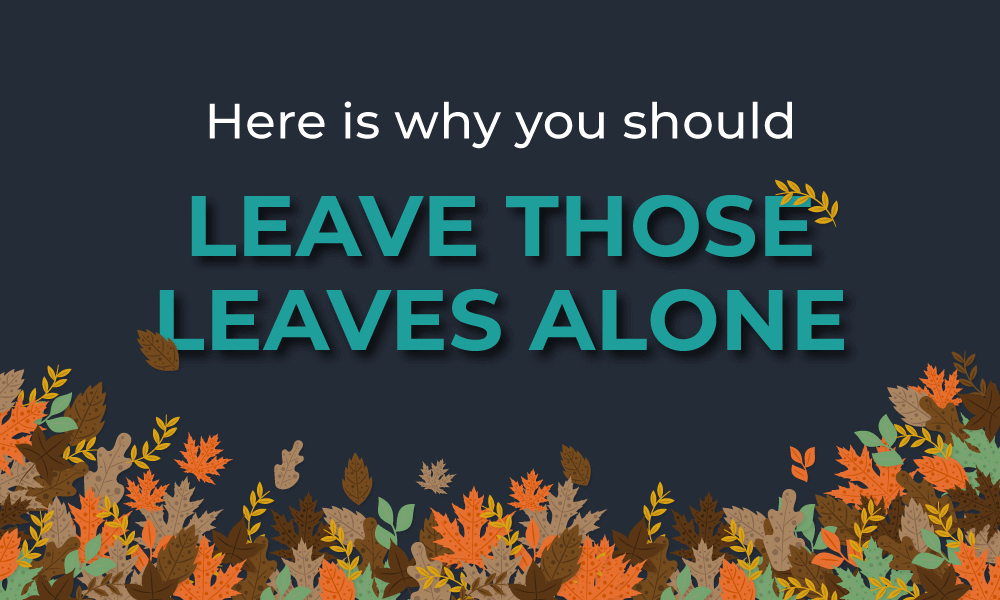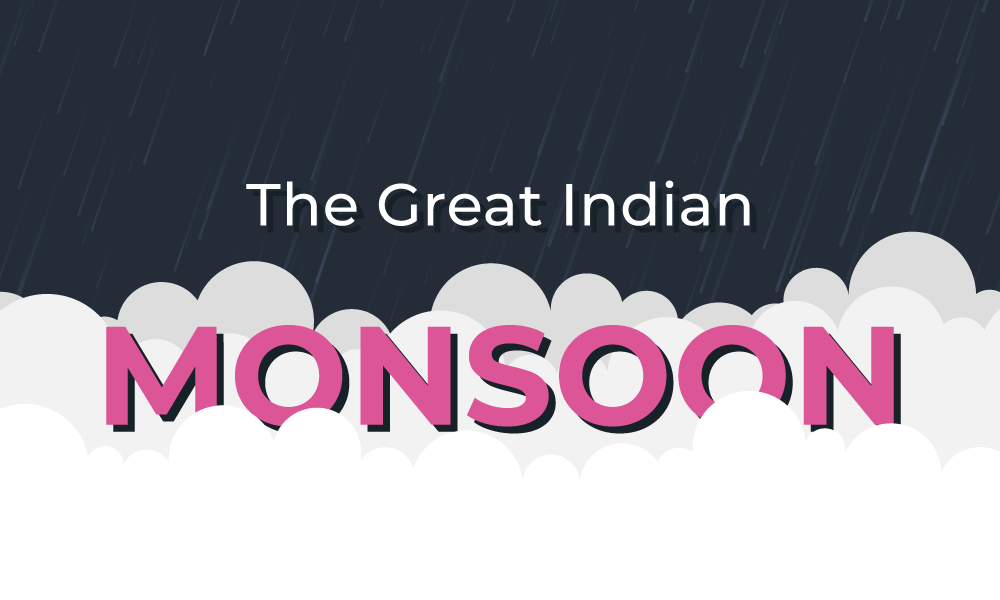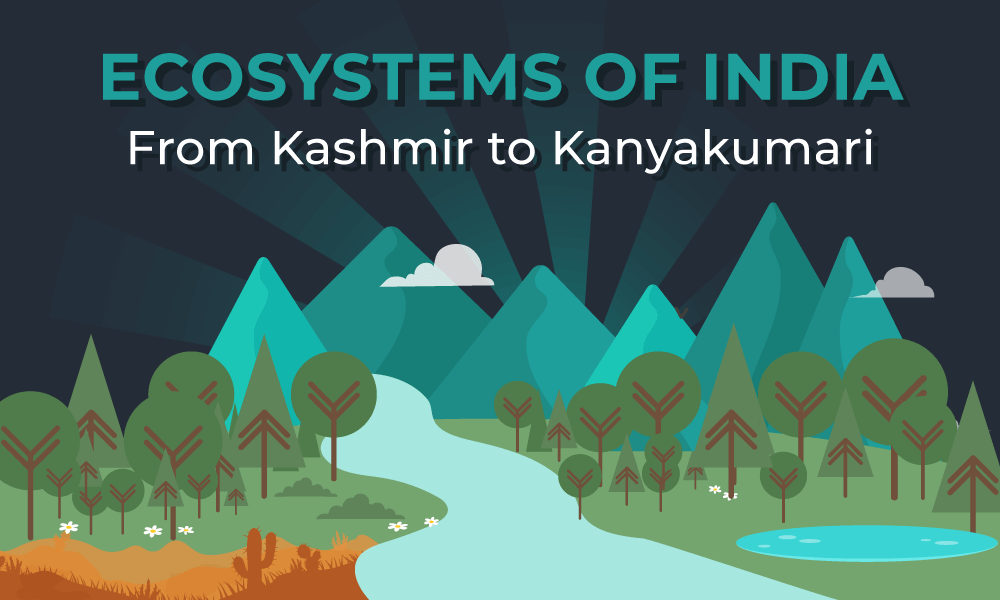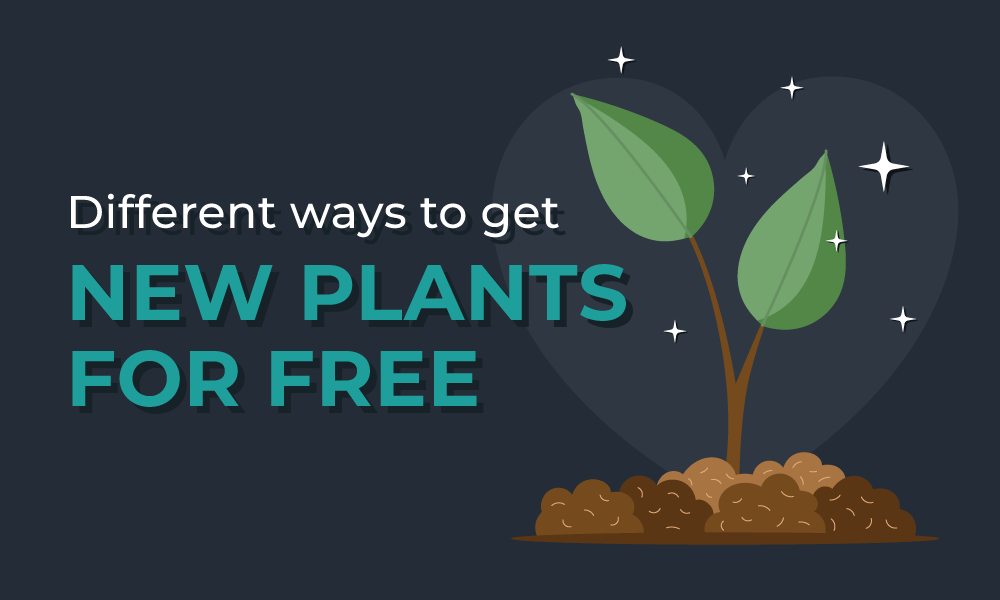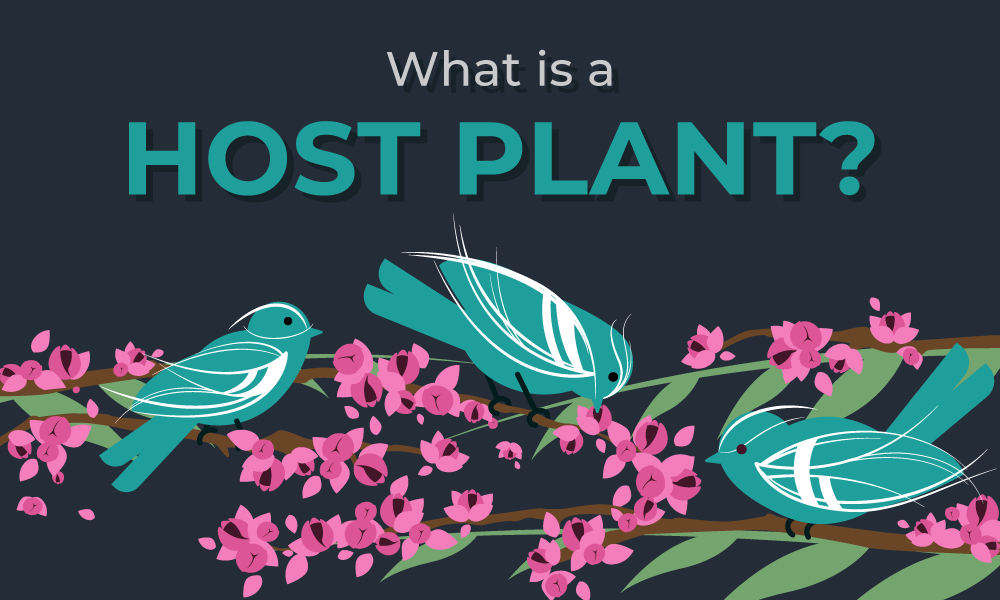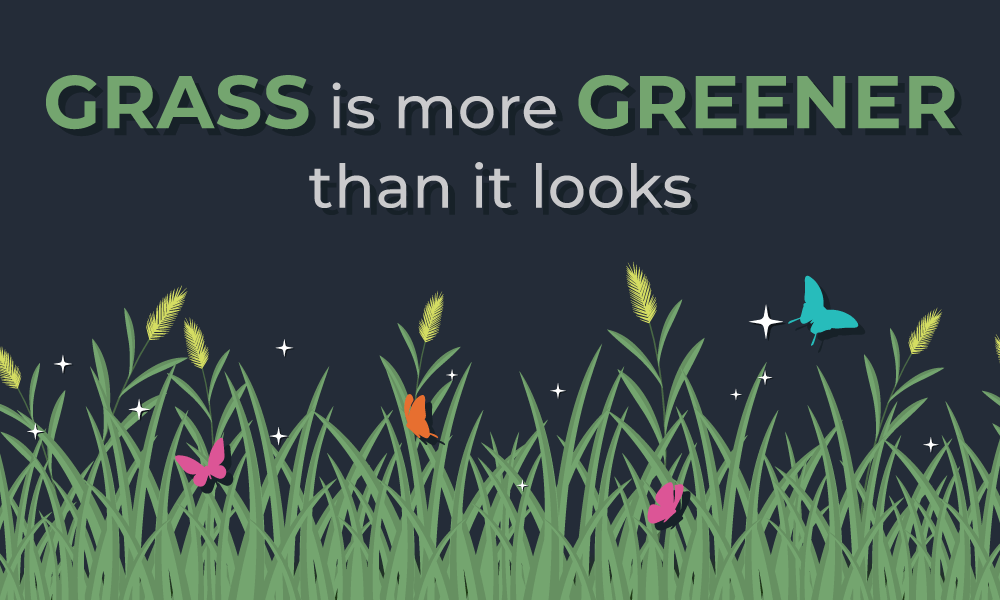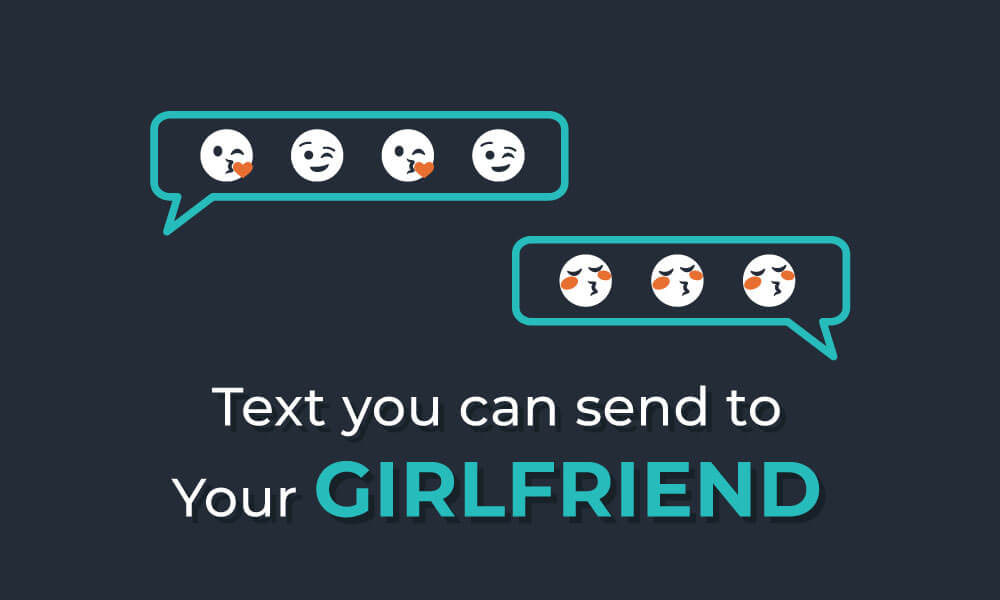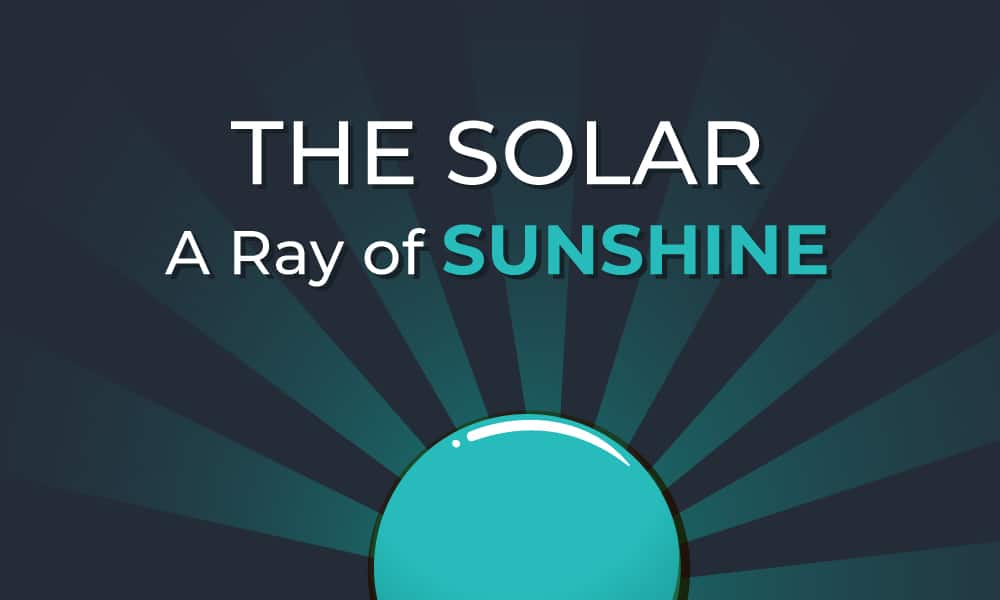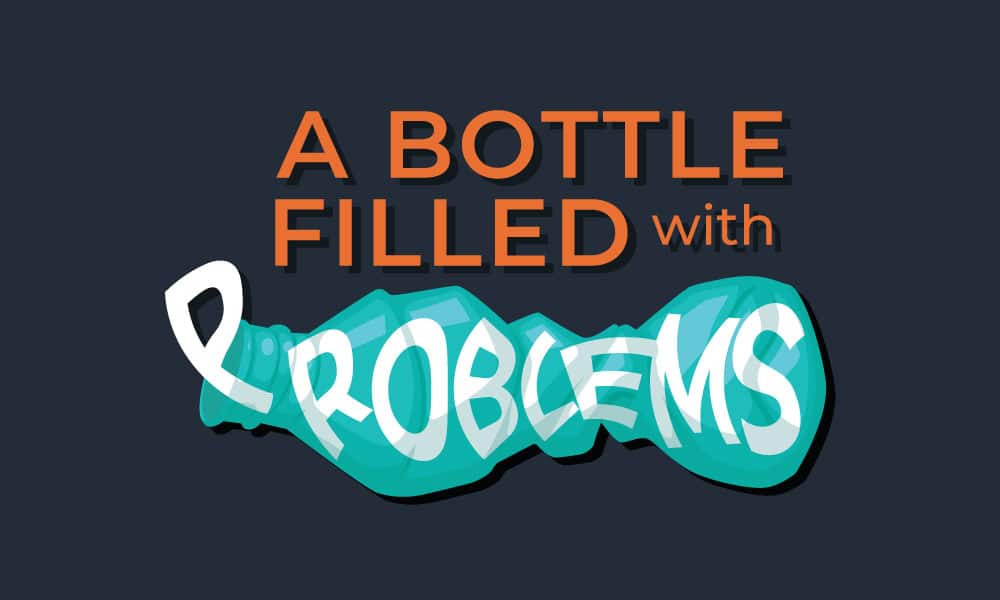Every one of us is hearing about and is affected by the increasingly harsh temperatures of our planet, which are usually called global warming,
Global warming means the earth is getting warmer and warmer with each passing month, but what is causing this global warming?
The simple answer is the enhanced greenhouse effect.
This greenhouse effect keeps the earth warm, even though it’s far from the sun.
To better understand, imagine Earth wearing a blanket that keeps it cosy. This blanket helps trap heat and keeps the planet at the right temperature for plants, animals, and people to live. But lately, something is happening that’s making the blanket thicker and warmer. Let’s explore how the greenhouse effect works, why it’s important, and what’s changing.
What is the Greenhouse Effect?
First, let’s understand the role of the sun, the sun is a massive heater placed in the centre of our solar system which is around 150.27 million km from the Earth. The surface temperature of the sun is around 5,500°C but not all the energy that comes from the sun is heat around 53% of this energy is in the form of infrared means heat and the rest of it is a form of light.
Of all the energy that comes from the sun, around 30% of that is reflected back into space, around 20% is absorbed by the atmosphere and 50% is absorbed on the surface of the earth, warming the planet. As Earth gets warm, it releases heat (in the form of infrared radiation) back into space.
But some gases in the atmosphere, called greenhouse gases, trap some of that heat and send it back to Earth. This is what keeps our planet from getting too cold.
These gasses are Carbon dioxide (CO2), Methane (CH4) and Water vapour (H2O). In the atmosphere, molecules of these gases store that heat and radiate back to each other, keeping the planet warm enough.
How Does the Greenhouse Effect Work?
Here’s a simple way to understand the greenhouse effect:
- The Sun shines on Earth. The Sun sends energy in the form of light. Some of this energy hits the surface of the Earth and warms it up.
- Earth releases heat. The warm Earth then sends heat back up into the atmosphere. It’s kind of like how a hot stove feels warm to your hand even if you don’t touch it.
- Greenhouse gases trap the heat. Instead of letting all the heat escape into space, gases like carbon dioxide and methane act like the glass walls of a greenhouse. They let sunlight in but trap the heat, keeping it close to Earth.
- Earth stays warm. Thanks to this, Earth stays warm enough for life to exist. If we didn’t have greenhouse gases, the average temperature of Earth would be about -18°C (0°F). Damm, that’s freezing!
What’s the Problem then?
The greenhouse effect is a good thing—until it becomes too strong. That’s where the problem starts. Over the last 100 years, humans have been burning a lot of fossil fuels (like coal, oil, and natural gas) for things like cars, factories, and electricity.
And burning fossil fuels releases?
Yes, you guessed it right!
This releases extra greenhouse gases, especially carbon dioxide, into the atmosphere. It’s like adding too many layers to the blanket. Now, more heat is getting trapped than Earth needs, and the planet is warming up.
This extra warming is what scientists call global warming. It’s leading to changes in our weather and climate. This greenhouse effect itself is natural and necessary but human activities are making it much stronger than it should be, and that’s causing big problems for everyone.
Why is Global Warming a Problem?
When Earth heats up too much, it affects many things:
- Melting ice caps and rising sea levels: The ice at the North and South Poles is melting. This means the ocean levels are rising, which can cause flooding in coastal cities and islands.
- More extreme weather: Global warming leads to more severe weather like hurricanes, floods, droughts, and heatwaves. Some places might get too much rain, while others don’t get enough.
- Changing habitats: Animals and plants are affected too. Some species may lose their homes because their environment is changing too fast for them to adapt. For example, polar bears need ice to hunt, and as the ice melts, they struggle to survive.
- Impact on humans: People can also suffer from food shortages, water scarcity, and health problems. For example, hotter temperatures can make it harder to grow crops, and diseases like malaria could spread more easily in warmer climates.
What Can I Do About It?
The good news is that we can still make changes to slow down global warming. Here are some things that we can all do to help:
- Reduce fossil fuel use: Instead of burning coal, oil, and gas, we can use clean energy like solar power, wind power, and hydropower. These don’t release carbon dioxide into the atmosphere.
- Use less energy: Turning off lights and electronic appliances when we’re not using them, walking or cycling instead of driving and taking public transport, and using energy-efficient appliances all help reduce the amount of energy we need.
- Plant more trees: Trees absorb carbon dioxide from the air. By planting more trees, we can help remove some of the extra CO2 that’s causing global warming.
- Recycle and reduce waste: When we recycle, we use fewer natural resources. Also, producing less waste means fewer greenhouse gases are released from landfills.
The Future of The Earth
Did you know that Earth isn’t the only planet with a greenhouse effect? Venus, the second planet from the Sun, has an extreme version of it. The atmosphere on Venus is mostly made of carbon dioxide, and it traps so much heat that the surface temperature is hotter than an oven—about 465°C (870°F)! This shows that if we do not do anything about it then we might be living in that oven soon!
Global warming brings many challenges, but we can help slow it down by making smart choices, like using clean energy, planting trees, and reducing waste. By understanding the greenhouse effect and taking action, we can help protect our beautiful Earth for future generations.
Remember, every little change can make a big difference!
Read more : Real Life Causes and Effects of Climate Change
If you have some suggestion on which we should write or you have any query and something else you can contact us. Please do share this blog with your family, friends, and others so they can all learn about The Greenhouse Effect.



























